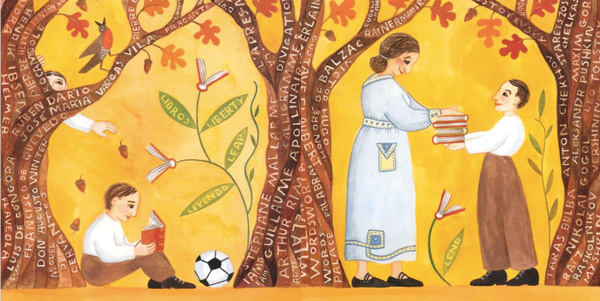Steven Volk, April 26, 2015
A colleague recently introduced me to CEMUS, the Center for Environment and Development Studies at Uppsala University in Sweden. CEMUS is a unique student-initiated and primarily student-run university center with the explicit ambition to contribute to a better world. Since the early 1990’s, it has offered interdisciplinary higher education and been a creative meeting place for students, researchers and teachers from Uppsala University and the Swedish University of Agricultural Sciences. The three main principles that define it are Student-Led Education, Collaboration & Partnership and Transdisciplinary Research. Interestingly, at least for us at Oberlin, its founding was at least partially inspired by a lecture given by our own David Orr in Sweden some years earlier in which he set out “six myths about the foundations of modern education, and six new principles to replace them.” Continue reading


